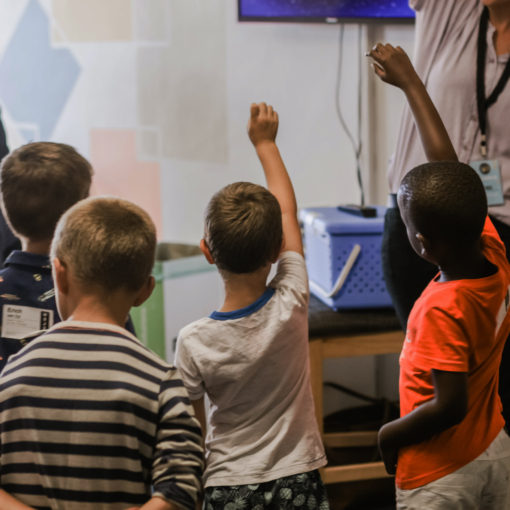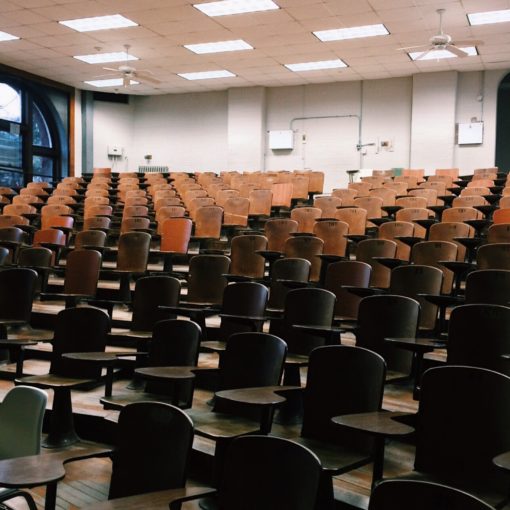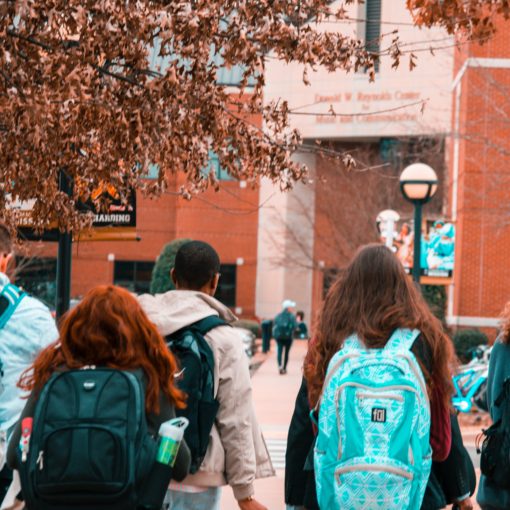Eight states have now formally banned affirmative action, prohibiting the use of race in the evaluation of college applicants. A new study by Southern Methodist University’s Dominique Baker set out to understand the political, social, and economic climate of those states prior to ban adoption.
How School Partnerships Can Perpetuate Inequalities
Harvard University researcher Ebony Bridwell-Mitchell joins Rand Quinn, senior researcher with the Consortium for Policy Research in Education to explore how external school partnerships can perpetuate and even grow inequalities between advantaged and disadvantaged schools.
Understanding and Addressing Teacher Quality Gaps
Dan Goldhaber, director of the Center for Analysis of Longitudinal Data in Education Research at the American Institutes for Research, joins CPRE’s Doug Ready to discuss the latest research on teacher quality gaps in U.S. schools.
When Attendance Awards Backfire
A new study led by Harvard University’s Carly Robinson shows that attendance awards – one of the oldest and most widely used interventions for absenteeism – can actually lead students to miss more days of school.
Behind the Curtain: An Exploratory Study of Undergraduate Admissions
In the wake of a national college admissions scandal, involving wealthy parents, bribes, cheating, and some of the country’s elite universities, undergraduate admissions practices – and their impact on equity and student diversity – are facing renewed scrutiny.
The Effects of Charters on School District Costs and Efficiency
When new charter schools open, how do they impact traditional public schools in the same district?
The Big Picture: Study Links Arts Education to Improved Academic Performance
For decades arts education has been disappearing from American schools, particularly those serving minority student communities. But a new initiative is attempting to turn back the clock.
What Happened When Florida Made Developmental Education Optional?
In 2013 Florida made developmental education optional for the vast majority of students. Florida State University’s Toby Park led a multi-year study of the initiative, finding that it led to notable gains in course passing rates and minority student achievement.
The Effects of Moving on NYC Students
In cities like New York, where roughly 40 percent of students move at least once between third and eighth grade, residential mobility can have significant impacts – both positive and negative – on student outcomes.
The Lasting Impacts of Having a Same-Race Teacher
While many studies have examined the connections between minority students, minority teachers, and immediate outcomes like test scores, few have attempted to track those impacts through high school and into college.










